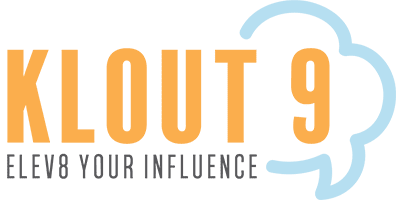As a small business owner, you’ve likely heard that keywords and quality content are king when it comes to SEO.
However, optimizing these on-page elements alone isn’t enough to maximize your organic visibility.
There’s another critical component that affects whether search engines can even access your stellar content in the first place: technical SEO.
What is Technical SEO, and Why Should Small Businesses Care?
Technical SEO involves optimizing the underlying architecture, speed, and technical elements behind your website.
It focuses on helping search bots easily crawl, index, and understand your pages so your content ranks better in search results.
Without these proper technical foundations in place to facilitate search engines in crawling and indexing your pages, all that focus on keyword-rich, engaging content could be going to waste.
But technical SEO isn’t just for the bots; it also directly impacts user experience on your site. Optimizations like faster load speeds and mobile responsiveness create more positive experiences for human visitors as well.
Clearly, technical SEO should be on every small business owner’s radar when it comes to boosting their website performance.
Some Key Examples of Technical SEO
Technical SEO encompasses various behind-the-scenes optimizations designed to enhance crawling, indexing, and ranking for search engines while simultaneously improving user experience.
Here are a few key examples that small business owners should be aware of:
Compress Media Files
Compressing photos, graphics, and other media files can greatly reduce their file sizes, often by 50% or more, depending on the type of file.
This compression works by eliminating redundant data and optimizing the files to take up less storage space.
The major benefit of compressing media files is that it leads to shorter page load times, which improves site speed.
There are now several free online tools available that make compressing image and media files quick and hassle-free.
Three popular free compressor tools are TinyPNG, Free Convert, and Optimizilla. These tools allow you to easily upload image and video files, compress them in the cloud, and download the optimized versions.
Fix Broken Links
Broken links on a website can be extremely frustrating for visitors trying to navigate through the site.
When someone clicks on a link that is broken, meaning it leads to a “404 Not Found” error page, they often feel confused and annoyed.
This frustration may prompt them to quickly exit the site quickly without taking any further action, such as making a purchase or signing up.
Website crawling tools such as Screaming Frog can automate the process of discovering broken links across an entire website.
Improve Site Speed
A fast-loading website is critical for both user experience and search engines. When a webpage takes a long time to load, visitors can quickly become frustrated.
Pages that are sluggish to fully load, especially on mobile devices, run the risk of visitors abandoning the site altogether.
Google has made website speed one of the many factors that determine search engine ranking.
Fast load times signal to Google that a site is well-optimized and cares about the user experience. Slow, clunky sites are more likely to get buried in search results.
Testing and improving website speed should be an ongoing priority. Google offers a free website analysis tool called Lighthouse that provides a speed score, along with suggestions for optimizations that you can pass along to your website developer.
Add Structured Data
Structured data refers to markup added to web pages to provide additional context and semantics to the content.
This allows search engines to better understand the content on a page.
Structured data uses standardized schemas and markup formats like JSON-LD, Microdata, and RDFa to annotate things like people, events, products, and reviews.
When web pages contain structured data, it enables richer search engine results, particularly in Google Search.
Implementing the appropriate schemas makes key data understandable and surfaces content in more impactful ways across relevant searches.
Read also: Why Do You Need Ongoing SEO?
Our SEO Team Takes Care of the Technical Details
Don’t let technical limitations impede the growth of your small business by hindering the organic traffic you deserve.
Accelerate your website’s performance and search visibility through K9’s SEO services for business owners in Lafayette and beyond. We handle the complex technical details so you can focus on your core operations.
See for yourself how our Lafayette SEO experts can help take your online growth to the next level.
Request a free, no-obligation SEO assessment today for a comprehensive site audit and strategic organic growth action plan tailored to your business!


